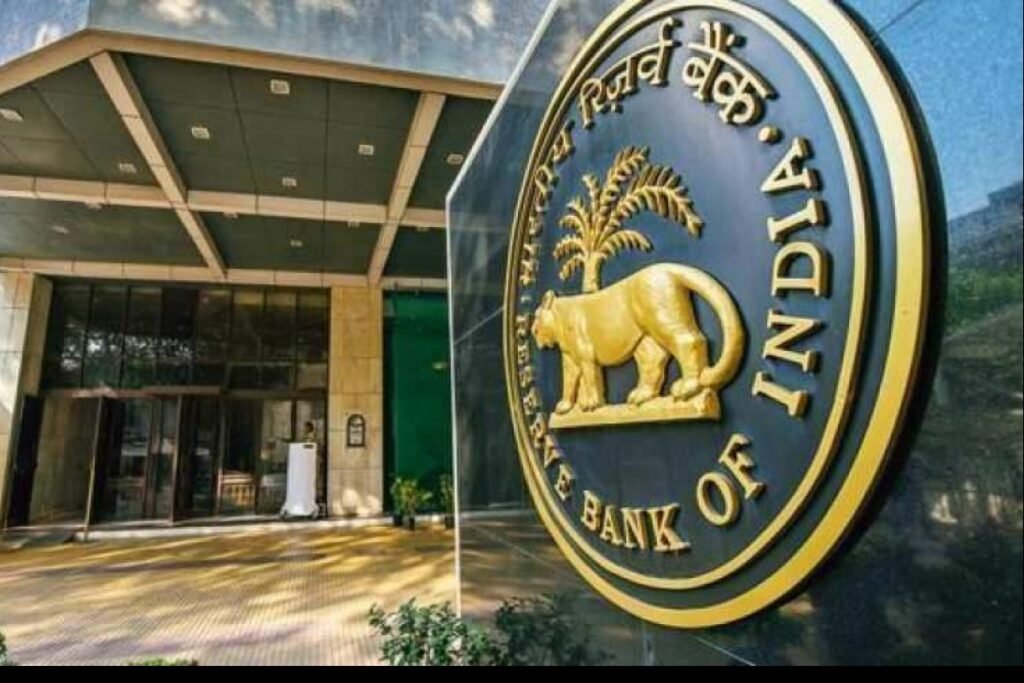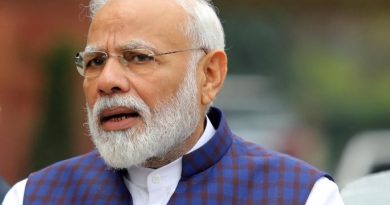RBI Expressed Concern Over Fake Calls And Messages
RBI expressed concern over fake calls and messages in the name of banks, shared these safety tips.
In the current era, fraudulent cases are coming out daily through fake calls or messages in the name of the bank.
The fraudsters call or message the bank’s name and ask for confidential information related to the bank account and commit fraud.
The Reserve Bank of India (RBI) keeps sharing security tips to protect customers from frequent frauds. The RBI expressed concern and had recently issued a warning about new fraud using mobile numbers.
According to the notice, fraud is being done from mobile numbers similar to toll-free numbers of banks or financial institutions.
The RBI had said that fraudsters keep mobile numbers like toll-free numbers of financial institutions and save the number on an app like TrueColor along with the name of the institution.
The Reserve Bank of India has again issued a new warning. The RBI has told through its Twitter handle that customers should not share their PIN, OTP, and any information related to a bank account.
The central bank has said that if a customer’s card is stolen or lost, immediately block the card. Apart from this, customers should also be alert on seeking information related to any kind of KYC detail and do not share any such information with anyone.
Recently, the RBI issued a warning regarding fraud phone calls coming in the name of the bank. The central bank had said that suppose the number of phone calls coming from the bank is 1600-123-1234.
These fraudsters then take a number for it, just like 600-123-1234, and register it as a bank’s toll-free number on a truckler or other service provider.
Due to this, people are unable to ascertain whether the call is from a bank / financial institution or that a fraudster has made a call.
RBI said that it is necessary to understand that no financial institution or their representatives send emails, SMS, or WhatsApp messages or call the phone to ask for personal information, passwords, or OTPs.
Never answer such emails, SMS, WhatsApp messages, or phone calls. Customers should never click on the link received through SMS for ‘verification’ of the card.
Customers should always reach the bank’s contact details from their official website and use secure means to contact them in case of problems.




